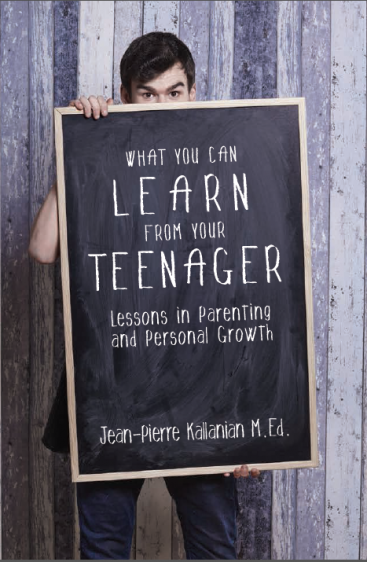- Lesson 1: Satisfying Basic Needs
Understanding that we are always behaving to fulfill at least one basic need—and in the case of your teen most likely more — will help you better understand your child’s decisions and actions. It will also enable you to support your teen’s pursuits and not personalize matters when things don’t happen in a manner you find pleasing. Needs do sometimes compete, leaving one or more temporarily unfulfilled. This can be problematic for teens and parents. Creative solutions or time can help you resolve them. By studying your teen you will learn how to get better at satisfying your needs.
- Lesson 2: Examining Values
Values influence how you go about fulfilling your needs, so the more you can increase your level of awareness of your teen’s values, the less puzzling your teen’s behaviors will appear. It is important to constantly assess your values to see if they support your teen’s development and your own. As much as they guide your decision making, your value system may be hampering both your ability to support your teen’s goals and reach your full potential. Adopting a value or two from your teenager will help you better connect with your teen and with your self.
- Lesson 3: EPIC Existence
Your teenager is naturally and biologically designed to learn and grow. Learn from the professional living in your home. The simple four-step process of exploring, playing, inspiring — being inspired — and connecting with self and others will help you live a more fulfilling life. Exploring allows you to continuously make discoveries about yourself and the world. Playing allows you to learn and practice new skills in a fun way. Inspiration pushes you forward and in the process you help inspire others to challenge themselves. Life is about making new connections with ourselves and with others. In all, the EPIC model helps you become the parent and person you truly are.
- Lesson 4: Redefining Boundaries and Reconsidering Consequences
There are no shortages of boundaries and consequences — both natural and created — to keep us safe and playing by the rules. How often though do boundaries and consequences prevent us from taking risk, trying something new, or stepping out of our comfort zone? Look more closely at the boundaries and consequences in place for your teenager. How effective are they? Do they help or hinder his or her growth and development? How about the boundaries and consequences in your life — do they help or hinder your growth and development? Lines were meant to be crossed and sometimes conflict can arise as a result. Support your teen and encourage yourself to cross lines for the sake of development.
- Lesson 5: Connecting with Your Teen
When trying to connect with your teen, see it as building a road to a destination where you both want to go. If you wish for your relationship to be a certain tomorrow, do something today that supports that desire. Your relationship requires constant attention and care. Be mindful and present when interacting with your teen. It is quality that matters, not quantity. Connecting with your teen doesn’t just mean doing those things she does well or supporting those things you approve of. Truly connecting with your teen also means looking at underdeveloped aspects of your teen or skills or interests that may not be popular or challenge personal, family, or societal opinion. Embrace all of your teen and see how quickly she bounces back from adversity. Doing so will allow you to have a closer look at your shadow sides and yours as well.
- Lesson 6: How You Communicate
How you say what you say and what you are doing when speaking communicates more than your actual words. Understanding all that you communicate and how you listen when being spoken to is important in forming the relationship you want. You can get some tips by watching how your teen communicates. Understanding the benefits and drawbacks of electronic communication will help you better use it to your advantage. The art of keeping a conversation going is as important as getting one started. Listen to what your teen is trying to say. Improve your communication by seeing how your teen does so.
- Lesson 7: Ensuring Health and Wellness
Your ability to parent is directly impacted by your health and home environment. Taking care of yourself and ensuring that the home environment supports your teen’s development are as important as your interactions. With preparation you can ensure your wellness when dealing with more difficult conversations. Your overall well-being greatly benefits when you can learn from your mistakes, work collaboratively with another parent or adult, and watch how your teen takes care of herself.
- Lesson 8: Fear Not, Let Go, and Move On
Parents can have difficulty regulating their anxiety, and fears whether real or imagined, can impair your ability to effectively parent. By letting go of the baby and childlike image of your teen, you maintain a current relationship that is ever changing and not live in a fantasy of old memories. Staying in the moment as your teen grows allows you to continue being supportive as your teen moves on to the next phase of life. By keeping up with your teen, you can also stay abreast with your next phase of life. Looking back on your own teenage years can help you do all three. Always remember your end goal and if you need help with any of these three, just watch how easily your teen manages fears, lets go of what no longer works, and moves on to the next growth opportunity.
- Conclusion: The Conflict Over Pomegranate Juice
Here I give a personal example of a conflict between my own two children. By using a Relationship Chart, I examine how the conflict was created and resolved by highlighting basic needs, values, rules, and gestures.
